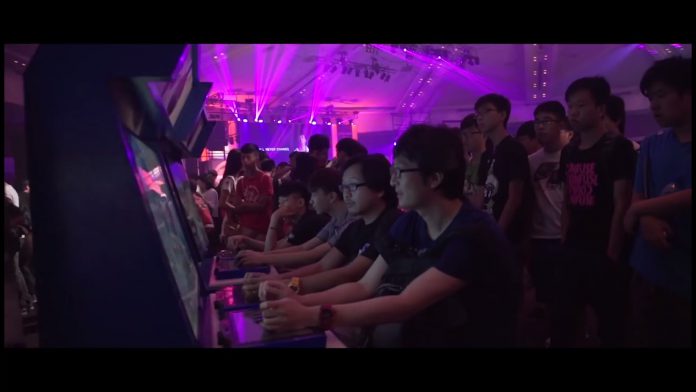You can now make a living from playing video games professionally (now called esports) but Hong Kong hasn’t caught up with this growing industry
Editors: Teenie Ho, Kate Kim
Reporters: Avery Tsui, Ryan Li, Li Sunpin
Lee Ho-hei is a 15-year-old secondary school student, and over the weekends he spends an average of seven hours a day playing video games. He is not giving up his schoolwork, but his dream is to be a professional esports player.
Some consider online gaming to be nothing more than entertainment, but esports players see themselves more as athletes who make a living off their quick reactions and strategic thinking. Some pros train for up to seven hours a day.
The most well-known companies in Hong Kong are Hong Kong Esports and Cyber Games Arena. Every year, they send their pro-players to Taiwan or mainland China for training camps, which are intensive strategy-planning sessions with coaches .
Chillyz Kong, a 21-year-old Hong Kong pro-player, says top players in mainland China can earn up to 100,000 yuan per month. That comes from tournament prize money, advertisements and live-streaming. Being able to entertain an audience can lead to bigger profits.
Last year, the average monthly salary for pro-players worldwide was around HK$40,000 but it’s just HK$5,000 to 8,000 in Taiwan, Hong Kong, and Macau. If a popular game has no local servers here, which is the case for the hugely popular online battle game League of Legends, Hong Kong players have to join servers in Taiwan or mainland China to compete online.
Former pro-player Leo Chan says playing professionally is one of his most cherished memories, but he says he felt pressured into giving that up to pursue a post-graduate degree. He says that he still hasn’t told his family about spending two months training in Taiwan three years ago, and he certainly doesn’t bring up his former esports career during internship interviews.
In Korea, the final game of the 2014 League of Legends World Championship filled a World Cup Stadium in Seoul, and it’s not unusual for competitions to draw such large crowds. In Hong Kong, it’s mostly concerts that draw so many people. That leads aspiring and current esports players in Hong Kong to wonder if society will accept them as true professionals.










































